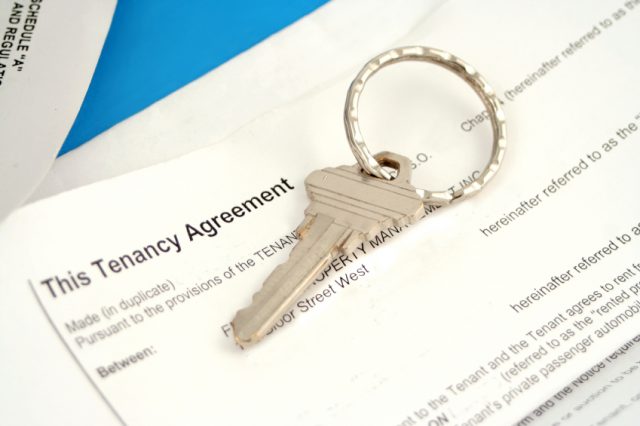Government Plans to Regulate all Letting and Management Agents in England
Yesterday, Government ministers outlined plans to regulate all letting and management agents in England.

Government Plans to Regulate all Letting and Management Agents in England
The proposals are designed to protect leaseholders and tenants from unfair costs in the property management system.
The Department for Communities and Local Government (DCLG) said that it wants to clamp down on a “small minority of rogue agents” operating property management services who force consumers to pay over-inflated charges, and will consider changing the law so that all letting and management agents must be qualified and regulated to practice.
The Communities Secretary, Sajid Javid, is launching a six-week “call for evidence” to establish whether a regulatory overhaul of the sector is necessary.
David Cox, the Chief Executive of ARLA Propertymark (the Association of Residential Letting Agents), and Mark Hayward, the Chief Executive of NAEA Propertymark (the National Association of Estate Agents), have commented on the plans: “ARLA and NAEA Propertymark welcome this announcement; we have long called for greater regulation of the housing sector. It will give consumers greater control over who manages their property, create long needed transparency, and raise the bar for those wishing to work in the housing sector. However, it’s concerning that estate agents don’t fall under the Government’s initial scope – we urge ministers to widen the remit to include the whole housing market.
“We are committed to ensuring consumers receive the best level of service when looking to buy, sell, rent or lease a property. Our members are required to have deposit and Client Money Protection schemes in place, and undertake regular training. However, this doesn’t stop some rogue agents from giving the industry a bad name. Blanket regulation is the right approach if we are to give consumers the confidence they deserve and reassurance that they will be treated fairly, no matter which agent they use.”
Adam Joseph, the CEO of The Happy Tenant Company, has also responded: “Enforcing transparency is the best way to give landlords, renters and leaseholders greater confidence that their managing agent is acting professionally and ethically. Whilst it may only be the minority of unscrupulous agents that load invoices with excessive charges for menial tasks, it tarnishes the reputation of the whole sector and must be stopped.
“Landlords and tenants should be able to see invoices from contractors and, in most cases, be given the option of two to three quotes to choose from before the work is carried out, particularly on more expensive maintenance works, such as boiler installations. Proptech software has made the sharing of maintenance works and associated costs really easy to facilitate, and any reputable managing agent should be happy to disclose all costs.”
Do you support the Government’s plans?









